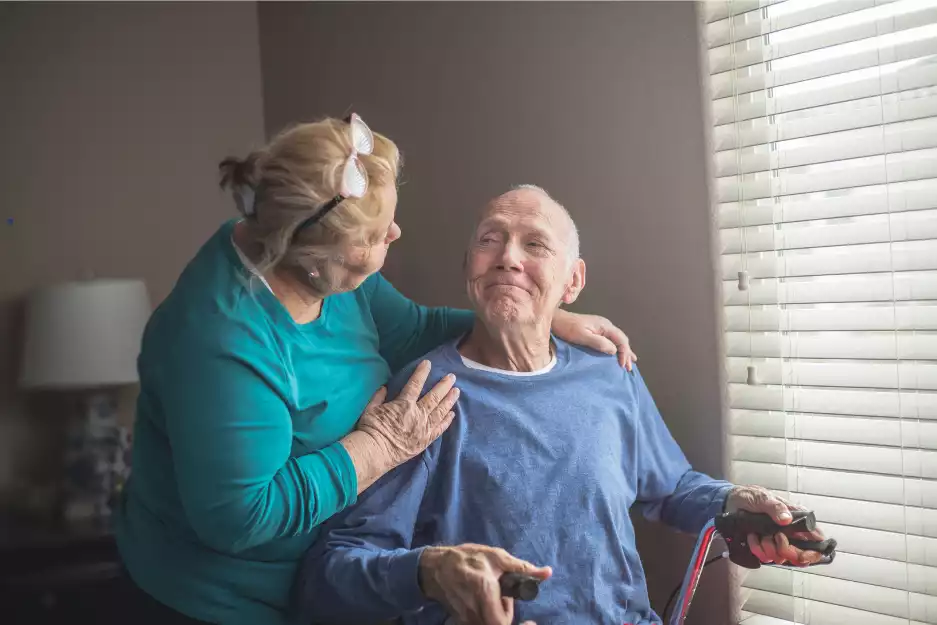-
AllAnytime Fitness Gym Art Blog Bus Fares Bus Service Business Business Expo C2C Care Care Home Charity Children Christmas Cinema City Status Cliffs Pavilion Cliffs Pavilion Review College Community Competition Construction Coronation Coronavirus Design Easter Education Electoral changes Leigh on sea Employment Emsella Chair Environment Essex & Suffolk Water News Essex Police Essex Wildlife Trust News Events Family Fun Fashion Festival Film Finance Fitness Food Food & Drink Foulness Bike Ride Fresh Face Pillow Company Gardening General Election Hair & Beauty Halloween Harp Havens Havens Hospice Havens Hospices Havens Hospices Health & Fitness Health & Beauty Health & Fitness Healthwatch Southend Historicaleigh History Holidays Housing Indian Indirock Jubilee Karen Harvey Conran Kids Kids Competitions Lazydays Festival Legal Leigh Art Trail Leigh Folk Festival Leigh Library Leigh Road Leigh Town Council Leigh Town Council Press Release Leigh on Sea Leigh on sea Folk Festival Leigh on sea Marathon Leigh on sea Town Council Leigh on sea man breaks marathon record Leigh on sea news Lifestyle Livewell Southend Press Release LoS Shop London Southend Airport Los Shop Marathon Mortgage Angel blog Mortgages Mughal Dynasty Music My Mortgage Angel MyLoS NHS News News Offers Palace Theatre Parenting Parking Pets Picture Of The Week Pier Politics Press Release Press Release Southend City Council Professional Property Property Of The Week RSPCA Ray Morgan Re:loved Recipes Recycling Restaurant Restaurant Review Restaurants Review Roads Rotary Club Royal Hotel Royal Visit SAVS Schools Seafront Shopping Shows & Music Review Shows & Music Shows & Music Review Southend Southend Airport Southend Borough Council Press Release Southend City Bid News Southend City Council Southend City Council Press Release Southend City Council Press Release Southend Community Safety Southend Hospital News Southend In Sight Southend In Sight Southend In Sight Press Release Southend on Sea Sport The One Love Project The Ship Hotel Theatre Theatre Blog Theatre Review Theatre review Transport Travel Travel Veolia Volunteer Weddings Whats On c2c
Fraud Update From Southend City Council and Essex Police

While a lot of fraud is now happening online as it is easier, cheaper, you can reach a lot of people quickly, and there is less chance of getting caught, please remember that fraud can happen in person, right on your doorstep. Treat unsolicited callers to your door in the same way I hope you are treating unsolicited telephone calls: a quick ‘no thank you’ and shut the door.
Online shoppingThis is the first of a series of short articles that go a little bit deeper into current scams.
Now that Christmas is firmly on the horizon, you need to be extra careful about shopping online. The number of fake websites and scam offers increase substantially during this period. The number of phishing messages, texts and emails, about missed package deliveries or incorrect delivery details also increase.
Online marketplaces are poorly policed and a thriving ground for fraudsters. Check the seller’s review history, how long they’ve had the account, and beware of fake reviews or feedback, particularly if a lot of them sound similar.
Fake websites will often offer hard to find items at a bargain price or too good to be true offers. These items are often fake or simply do not exist. Never pay for goods by bank transfer and using a credit card offers the best protection from fraud if you become a victim. Check that the website is genuine, there are a lot of sites that pretend to be from a trusted seller like Amazon or famous brands. Do not click on links in emails but visit the website by typing the address in yourself. Fake website addresses usually vary from the authentic ones by just one or two incorrect letters.
Make sure that you’re making payments on a secure site: there should be a padlock symbol where you see the web address on your browser. The web address should start with "https://".
When buying on a marketplace do not be pressurised into making an early payment to get your money quickly.
Essex Police suggest the following warning signs:
Irresistible bargain prices for popular items such as mobile phones or designer goods
They may try to pressure you into not using secure recommended payment sites and to pay by bank transfer
They might ask you to pay immediately or to transfer money by offering a special discount or saying that it’s a time-limited deal
They may ask you to transfer a holding deposit before you see the items in person
Always remember, if it’s too good to be true, it probably is. Never click on links in emails or text messages unless you are 100% sure who they are from; email addresses and phone IDs can be spoofed. Use sites that you trust and that you have typed the web address in yourself. Always do your research, and check site and seller reviews.
My last comment is to say that this advice applies to anything you buy on line including cars, holidays, concert tickets, or even rented accommodation.
Impersonation fraudEssex Police have highlighted that criminals are targeting people by pretending to be from your bank or a fraud team. They tell you that your account has been compromised.
You are then told to transfer your money to a new account that has been set up while they investigate.
These criminals can be very persuasive and might appear to know a lot about you. Do not assume that a phone call, email or text is genuine. Do not panic but stop and think. It is ok to say no and hang up the phone. Contact the organisation through a route you know to be genuine. Never give personal details to an unsolicited caller.
Personally, my preferred tactic when a bank or company calls me up is to stop them when they say, “I’ve just got to ask you a few security questions first” and ask them to email me to the address they have on record. No email, no conversation, and certainly no personal details.
Bank refundsYou may not always get the bank to refund your loss if you are a victim of fraud. The BBC have reported that over £485 million was stolen last year from Authorised Push Payment scams. This is where victims are tricked into transferring money to criminals pretending to be someone else. The banks only refunded 59% of this.
The Payment System Regulator state that half of the major financial institutions refunded less that half the money stolen from victims and the refund rates ranged from 10% to 91%.
You can read more about this in the BBC News report. Prevention is a lot better than the pain of trying to get your money back, or losing it altogether. Take 5 To Stop Fraud advise you to always STOP (think abut it), CHALLENGE (it's ok to say no), PROTECT (contact your bank immediately if you think you've been a victim and report it to Action Fraud).
Crime prevention: catalytic converter theftsEssex Police report that catalytic converter thefts are increasing. Catalytic converters are devices fitted to vehicle exhaust s to reduce air pollution. They contain valuable metals and can be removed in less than a minute, often in broad daylight and public view. This happened to someone I know and the converter was stolen in the street outside their home. They are expensive to replace.
Talk to your car dealer or garage on how you can make your converter safe. If you can, keep your vehicle in a secure location, preferably a locked garage. Try to park somewhere that is well lit and overlooked and maybe in a way that makes accessing the underside of your car difficult. Essex Police also advise marking your converter with an ultraviolet (UV) pen although you will need to reapply this regularly as they wear off over time. I would advise marking it with your house number and postcode.
ADD A COMMENT
Note: If comment section is not showing please log in to Facebook in another browser tab and refresh.
























